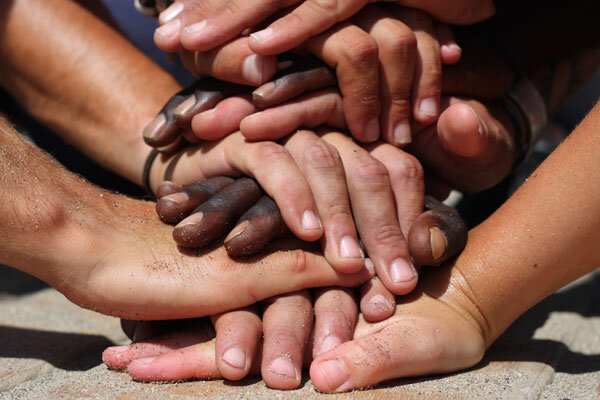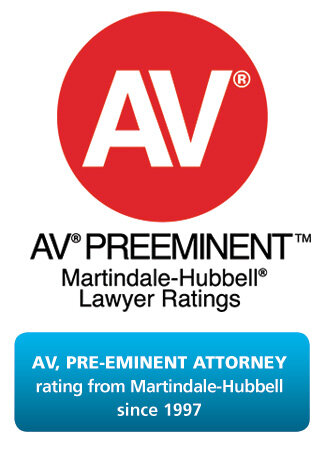UFCW negotiated an ESOP with a significant union role in corporate governance and representation agreement for new stores. Since 2011 this 100% employee-owned chain of 76 grocery stores, employing over 15,000 people, has already expanded to 80 unionized stores.
In 2011 Homeland Acquisition Corp. (HAC),  a grocery store chain in Oklahoma and Texas, and United Food and Commercial Workers (UFCW) Local 1000, partnered to transition the company to 100% employee ownership using an Employee Stock Ownership Plan (ESOP). As part of the transition, HAC and UFCW negotiated a new contract and the terms of the ESOP, as well as a number of corporate governance provisions for the new company. When the deal closed at the end of 2011 there were 76 stores. Now there are 80 stores, all of them union.
a grocery store chain in Oklahoma and Texas, and United Food and Commercial Workers (UFCW) Local 1000, partnered to transition the company to 100% employee ownership using an Employee Stock Ownership Plan (ESOP). As part of the transition, HAC and UFCW negotiated a new contract and the terms of the ESOP, as well as a number of corporate governance provisions for the new company. When the deal closed at the end of 2011 there were 76 stores. Now there are 80 stores, all of them union.
Aided in negotiations by several financial and legal advisors, including Attorney Deborah Groban Olson, UFCW and HAC agreed on:
- A new defined benefit plan;
- ESOP participation for union members;
- A significant role for the union on the board of directors;
- A representation agreement covering new stores opened by the company.
According to UFCW Local 1000 President Ricky Burris:
“UFCW members are excited to own a majority of HAC stock and are eager to work with management to achieve continued success for the company. We take seriously the responsibilities that come with ownership, representation on the board of directors, and a voice in major corporate decisions.”

 not much else between them besides a beer. And for just as long, beer has been a beverage of the people—a true democratic beverage. What more appropriate than to unite beer with the Co-operative model? With the shifting attitudes toward beer in United States, as well as the world, it only makes sense to work among the principles of a Co-op. High Five Co-op Brewery is not the first to make this step, and we will hopefully not be the last. While we are in formative stages, the future is exciting, and we invite you to join us, for there is work to do, beer to drink, and dreams to shape. We are proud to announce that as of today, the State of Michigan approved our Articles Of Incorporation and High Five Co-op Brewery, Inc. is now a Co-op. You can view our Articles Of Incorporation here. Our Bylaws have also been finalized, and we will be releasing them online shortly. This is fantastic progress and we can’t wait to announce more coming very soon.” -Quote from High Five Co-op Brewery Website.
not much else between them besides a beer. And for just as long, beer has been a beverage of the people—a true democratic beverage. What more appropriate than to unite beer with the Co-operative model? With the shifting attitudes toward beer in United States, as well as the world, it only makes sense to work among the principles of a Co-op. High Five Co-op Brewery is not the first to make this step, and we will hopefully not be the last. While we are in formative stages, the future is exciting, and we invite you to join us, for there is work to do, beer to drink, and dreams to shape. We are proud to announce that as of today, the State of Michigan approved our Articles Of Incorporation and High Five Co-op Brewery, Inc. is now a Co-op. You can view our Articles Of Incorporation here. Our Bylaws have also been finalized, and we will be releasing them online shortly. This is fantastic progress and we can’t wait to announce more coming very soon.” -Quote from High Five Co-op Brewery Website. company ESOP. The ESOP finances the purchase with company contributions, or by borrowing from a lender through the ESOP. The company typically would guarantee the loan. The purchase price of the stock is set by an independent appraisal. If Mr. Fulton initially sells at least 30% of outstanding company stock to the ESOP, he can “rollover” the proceeds of the sale into stock or bonds in U.S. companies and avoid paying any tax on the proceeds unless and until he sells that “replacement” stock. Any replacement stock that remains in his estate until his death may get a stepped-up basis (depending on applicable estate tax laws in the year of death). Where the stepped up basis applies, the capital gain is never taxed.
company ESOP. The ESOP finances the purchase with company contributions, or by borrowing from a lender through the ESOP. The company typically would guarantee the loan. The purchase price of the stock is set by an independent appraisal. If Mr. Fulton initially sells at least 30% of outstanding company stock to the ESOP, he can “rollover” the proceeds of the sale into stock or bonds in U.S. companies and avoid paying any tax on the proceeds unless and until he sells that “replacement” stock. Any replacement stock that remains in his estate until his death may get a stepped-up basis (depending on applicable estate tax laws in the year of death). Where the stepped up basis applies, the capital gain is never taxed.

